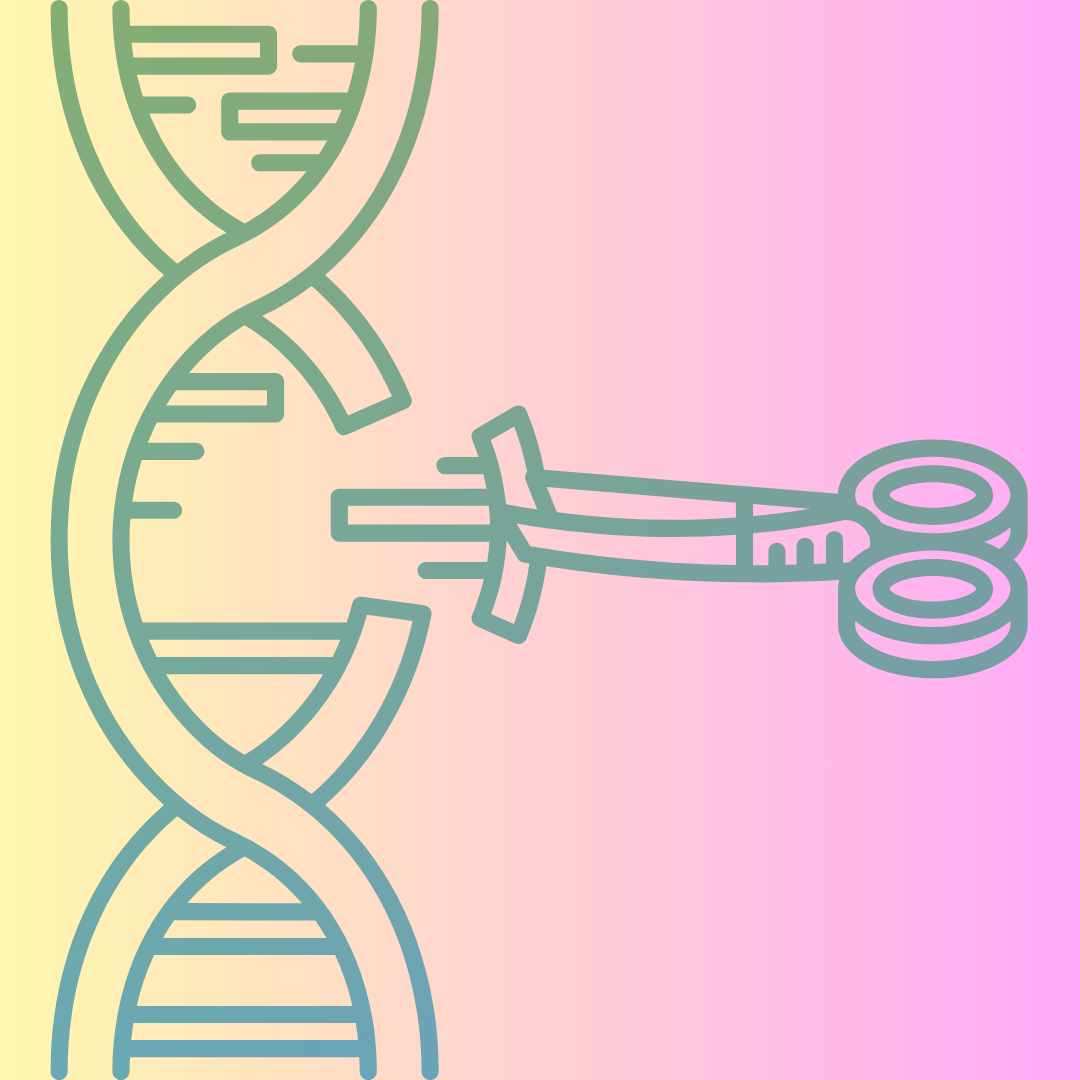South Africa amended its research guidelines to allow for heritable human genome editing
By Françoise Baylis and Katie Hasson,
The Conversation
| 10. 24. 2024
A little-noticed change to South Africa’s national health research guidelines, published in May of this year, has put the country on an ethical precipice. The newly added language appears to position the country as the first to explicitly permit the use of genome editing to create genetically modified children.
Heritable human genome editing has long been hotly contested, in large part because of its societal and eugenic implications. As experts on the global policy landscape who have observed the high stakes and ongoing controversies over this technology — one from an academic standpoint (Françoise Baylis) and one from public interest advocacy (Katie Hasson) — we find it surprising that South Africa plans to facilitate this type of research.
In November 2018, the media reported on a Chinese scientist who had created the world’s first gene-edited babies using CRISPR technology. He said his goal was to provide children with resistance to HIV, the virus that causes AIDS. When his experiment became public knowledge, twin girls had already been born and a third child was born the following...
Related Articles
By Mike McIntire, The New York Times | 01.24.2026
Genetic researchers were seeking children for an ambitious, federally funded project to track brain development — a study that they told families could yield invaluable discoveries about DNA’s impact on behavior and disease.
They also promised that the children’s sensitive...
By Arthur Lazarus, MedPage Today | 01.23.2026
A growing body of contemporary research and reporting exposes how old ideas can find new life when repurposed within modern systems of medicine, technology, and public policy. Over the last decade, several trends have converged:
- The rise of polygenic scoring...
By Danny Finley, Bill of Health | 01.08.2026
The United States Food and Drug Administration (FDA) has a unique funding structure among federal scientific and health agencies. The industries it regulates fund nearly half of its budget. The agency charges companies a user fee for each application
...
By George Janes, BioNews | 01.12.2026
A heart attack patient has become the first person to be treated in a clinical trial of an experimental gene therapy, which aims to strengthen blood vessels after coronary bypass surgery.
Coronary artery bypass surgery is performed to treat...




